“Am I ready for an exchange? Anything, if that can lead to freedom and bring those children home” — Latin Patriarch of Jerusalem, Cardinal Pierbattista Pizzaballa
By ITV staff/CNA
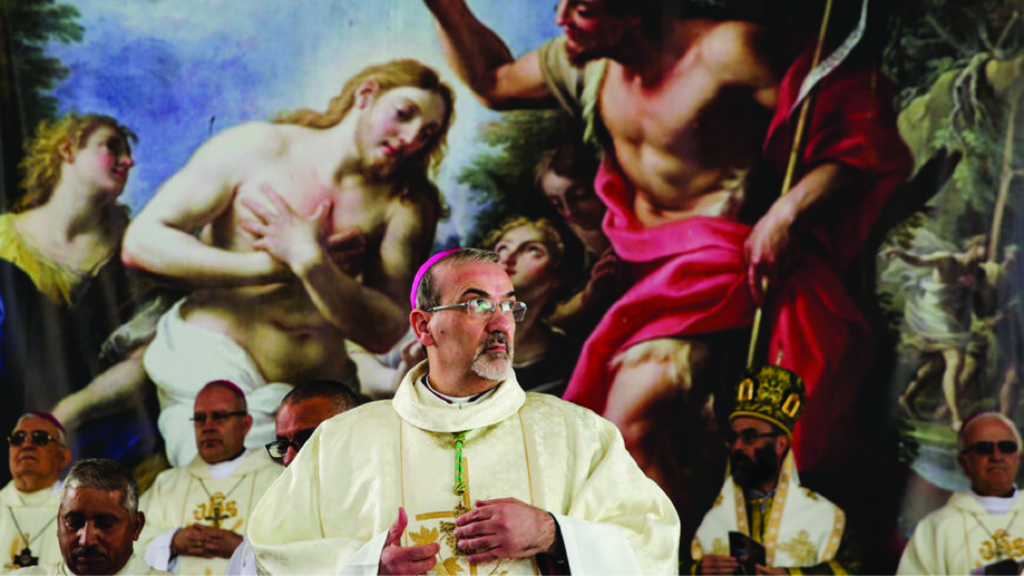
On October 7, Hamas led the deadliest militant attack in Israel’s history, with an Israeli death toll at more than 1400. Israel then launched its heaviest-ever airstrikes on Gaza, a long-blockaded territory with about 2.3 million Palestinian residents.
Since then, Israel, declaring “war” on the militant Islamic organization, has continued to retaliate, leaving Palestinian citizens injured, killed and driven from their homes with no water, food, medicines or electricity allowed into their territory.
Israel Defense Forces announced October 16 that 199 Israeli hostages, including children, are being held by Hamas and that the military is trying to discover where they are being held in Gaza. Hamas terrorists had threatened the previous week to kill one hostage every time that Israel’s military bombs civilian targets in Gaza.
The Latin Catholic patriarch of Jerusalem has offered himself in exchange for the children being held as hostages in Gaza by Hamas.
Speaking to journalists via video conference on October 16, Cardinal Pierbattista Pizzaballa, OFM, 58, was asked if he would be willing to become a hostage himself in exchange for the child hostages who were taken in Hamas’ attack on Israel.
“Am I ready for an exchange? Anything, if that can lead to freedom and bring those children home, no problem. There is an absolute availability on my part,” the cardinal responded.
“We are willing to help, even me personally,” he added.
Cardinal Pizzaballa, who shepherds the Latin Catholics living in Israel, the Palestinian territories, Jordan, and Cyprus, told reporters that he had not had any direct communication with Hamas since their surprise attack on October 7.
The Jerusalem Patriarchate led by Cardinal Pizzaballa, who was himself in Rome for the Synod on Synodality at the time of the initial attack, issued its own statement on October 7 “as the fighting was still raging.”
“The operation launched from Gaza and the reaction of the Israeli Army are bringing us back to the worst period of our recent history. The too-many casualties and tragedies, which both Palestinians and Israeli families have to deal with, will create more hatred and division, and will destroy more and more any perspective of stability,” read the Patriarchate’s statement.
“It is only by ending decades of occupation that a serious peace process can begin”
On October 24, Cardinal Pizzaballa released a “Letter to the Entire Diocese” of Jerusalem which we excerpt here
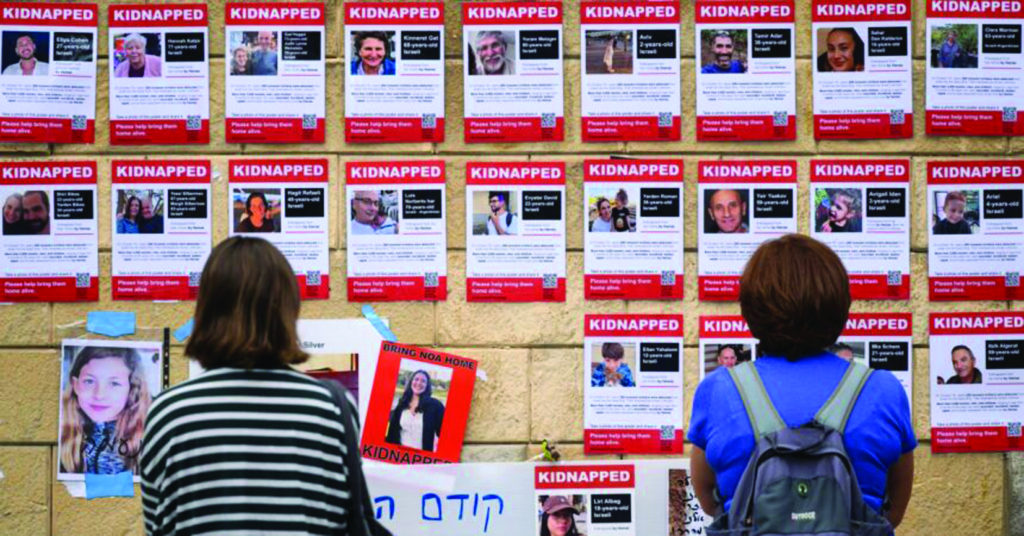
My conscience and moral duty require me to state clearly that what happened on October 7th in southern Israel is in no way permissible and we cannot but condemn it. […]
The same conscience, however, with a great burden on my heart, leads me to state with equal clarity today that this new cycle of violence has brought to Gaza over five thousand deaths, including many women and children, tens of thousands of wounded, neighborhoods razed to the ground, lack of medicine, lack of water and of basic necessities for over two million people. These are tragedies that cannot be understood and which we have a duty to denounce and condemn unreservedly. The continuous heavy bombardment that has been pounding Gaza for days will only cause more death and destruction and will only increase hatred and resentment. […]
It is only by ending decades of occupation and its tragic consequences, as well as giving a clear and secure national perspective to the Palestinian people that a serious peace process can begin. Unless this problem is solved at its root, there will never be the stability we all hope for. The tragedy of these days must lead us all, religious, political, civil society, international community, to a more serious commitment in this regard than what has been done so far. This is the only way to avoid other tragedies like the one we are experiencing now. We owe it to the many victims of these days and to those of years past. We do not have the right to leave this task to others.
Yet, I cannot live this extremely painful time without looking upward, without looking to Christ, without the faith that enlightens my view and yours on what we are experiencing, without turning our thoughts to God. We need a Word to accompany us, to comfort and encourage us. We need it like the air we breathe.
“I have told you this so that you might have peace in me. In the world you will have tribulations, but take courage, I have conquered the world.” (Jn. 16:33).
The first Jerusalem Patriarch to be made a cardinal
Born and educated in Italy, Cardinal Pizzaballa has been stationed in the Holy Land since 1990, the year he was ordained a priest at age 24 in the Franciscan order. After his philosophical-theological studies in Italy, then-Father Pizzaballa obtained a licentiate in Biblical Theology at the Studium Biblicum Franciscanum of Jerusalem in 1993.
In 1999, he formally entered in service to the Custody of the Holy Land, a custodian priory of the Order of Friars Minor in Jerusalem, founded as the Province of the Holy Land in 1217 by Saint Francis of Assisi. In 1342, the Franciscans were declared by two papal bulls as the official custodians of the Holy Places in the name of the Catholic Church.
“The Holy Land changed my life. My life of faith also,” the then-55-year-old bishop told EWTN News in 2020.
“I arrived there 30 years ago. I didn’t know the languages. I came from a very, very Catholic context and I was suddenly in a context where [Christians] were just 1% of the population.”
Despite arriving without knowing the language, within five years he had overseen the publication of the Roman Missal in Hebrew. He was also the Latin Patriarch of Jerusalem’s vicar general for the pastoral care of Hebrew-speaking Catholics in Israel.
Consecrated to the episcopacy in 2016, he was named apostolic administrator of the Holy Land, and tasked by the Pope with re-organizing the financial management of a Patriarchate teetering on the brink of insolvency.
He was also asked to improve the pastoral situation among the various Christian communities in Israel, Jordan, Palestine and Cyprus.
“In the beginning it was very difficult. But once we have been transparent, I felt that all the community was very supportive and so we could overcome all our problems and turn the page finally,” he said.
Pope Francis appointed him the Latin Patriarch of Jerusalem on October 24, 2020. He is the first Latin Patriarch to be made a cardinal, one of the new crop of cardinals created by Francis on September 30, 2023.
On October 11, Cardinal Pizzaballa called for a worldwide day of prayer and fasting for peace in the region on October 17.
He urged Catholics to organize times of prayer with Eucharistic adoration and recitation of the Rosary “to deliver to God the Father our thirst for peace, justice, and reconciliation.”
“In this time of sorrow and dismay, we do not want to remain helpless. We cannot let death and its sting (1 Cor 15:55) be the only word we hear,” he said in a statement.
“That is why we feel the need to pray, to turn our hearts to God the Father. Only in this way we can draw the strength and serenity needed to endure these hard times, by turning to Him, in prayer and intercession, to implore and cry out to God amidst this anguish.”
Patriarch Pizzaballa has long been warning Jerusalem of “worrying signs”
In a homily back in May, 2022, the Jerusalem Patriarch said, “Any appropriation, any division, any gesture of exclusion and rejection of others, any form of violence is a deep wound in the life of the City and a cause of pain to all, because all are part of the one body,” he said. “It is no coincidence therefore that this recent wave of violence in the entire Holy Land originated right here in Jerusalem, only a few metres away from us,” alluding to Sheikh Jarrah, a largely Palestinian neighborhood in East Jerusalem where a property dispute escalated into violence.
“Jerusalem is for all: Christians, Jews and Muslims, Israelis and Palestinians,” said Patriarch Pizzaballa.
The violence two years ago, even in cities where different groups normally live together in harmony, was, Patriarch Pizzaballa said, a “worrying sign” that “indicates a profound unease that everyone must pay attention to.”
Again, in May of this year, radical Jewish activists protested violently against Christians holding a prayer service at Jerusalem’s Western Wall. Patriarch Pizzaballa’s close relationship with two of the city’s prominent rabbis — David Lau and Yitzhak Yosef — played a major role in the release of a letter by Jerusalem’s Chief Rabbi Shlomo Amar condemning attacks on Christians.
The next month, the Patriarch met with Speaker of the Knesset Amir Ohana, who subsequently condemned the violence unequivocally.
(ITV staff)
The Vatican’s response to the Hamas attack
Pope Francis has spoken several times about the tragic conflict between Hamas and Israel, urging the fighters on both sides to cease hostilities and leaders to work for peace instead. Cardinal Pietro Parolin, the Vatican’s secretary of state, underscored on October 13 the Vatican’s readiness to act in some role of mediation between Israel and Hamas.
At no time has Pope Francis denied that Israel has a right to defend itself against aggression, but the Israelis have been less than pleased with the Vatican’s response.
The Pope said that “it is the right of those who are attacked to defend themselves, but I am very concerned about the total siege under which the Palestinians are living in Gaza, where there have also been many innocent victims.”
Francis said that terrorism and extremism “do not help reach a solution to the conflict between Israelis and Palestinians, but fuel hatred, violence, revenge, and only cause each other to suffer. The Middle East does not need war, but peace, a peace built on dialogue and the courage of fraternity.”
In an interview with Vatican News on October 13, Cardinal Parolin called Hamas’ attacks “inhuman” and said the Holy See expresses “complete and firm condemnation.”
At the same time, he also underscored the Vatican’s readiness to act in some role of mediation between Israel and Hamas. “I do not know how much room for dialogue there can be between Israel and the Hamas militia,” Cardinal Parolin said. “But if there is — and we hope there is — it should be pursued immediately and without delay.”
“The Holy See is ready for any necessary mediation, as always,” he said.
On October 22, the Vatican announced that earlier that afternoon, “A phone call took place between Pope Francis and the President of the United States, Joe Biden,” with the roughly 20-minute conversation “focused on situations of conflict in the world and the need to identify pathways of peace,” including humanitarian aid to Gaza and prevention of escalation of the conflict there.
Israel’s reaction to Vatican statements
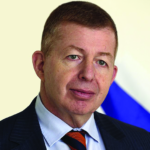
Israeli Ambassador to the Holy See Raphael Schutz
To date there seems little interest in the Vatican’s offer of mediation. On October 13, Israeli Ambassador to the Holy See Raphael Schutz called the idea of mediation “premature,” telling German News agency KNA, “Unfortunately, now is not the time to negotiate. We must first fight and win this war.”
The next day, Schutz issued a series of messages on X objecting to an October 13 statement from the Patriarchs and Heads of Churches in Jerusalem which, among other things, called on Israel to allow humanitarian supplies to reach Gaza. “The only party the patriarchs single out by name with a specific demand is Israel, the party that was viciously attacked a week ago,” Schutz said in one post. “What a shame, especially when this comes from people of God.”
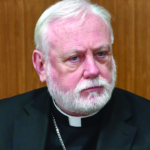
The Vatican’s Foreign Minister, Archbishop Paul Gallagher
Israeli foreign minister Eli Cohen also expressed dissatisfaction with the Vatican’s responses, saying after an October 15 meeting with the Vatican’s foreign minister, Archbishop Paul Gallagher, “It is inconceivable that an announcement essentially expressing concern for the residents of Gaza is issued at the same time Israel is burying 1,300 murdered citizens.”
“Israel is fighting a war that was imposed upon it and will continue to fight Hamas until it no longer poses a threat to the citizens of Israel,” he added.
According to the statement, Cohen also told Gallagher that Israel “expects the Vatican to come out with a clear and unequivocal condemnation of the murderous terrorist actions of Hamas terrorists who harmed women, children and the elderly for the sole fact that they are Jews and Israelis.”
“There’s no room for unfounded comparisons,” Cohen said. “Hamas, a terrorist organization worse than ISIS, invaded Israel with the intention of harming innocent civilians, while Israel is a democracy that’s trying to defend its citizens from Hamas.”
The protest came after Francis’s appeal at the end of his regular Angelus address, in which the Pope once again expressed concern for the bloodshed.
“I continue to follow what’s happening in Israel and Palestine with great sorrow,” Francis said. “I think again of so many, in particular children and the elderly. I renew my appeal for the liberation of the hostages, and I ask strongly that children, the sick, the elderly, women and all civilians not be victims of the conflict.”
“Humanitarian law must be respected, above all in Gaza, where it’s urgent and necessary to guarantee humanitarian corridors and to protect the entire population,” the Pope said. “Brothers and sisters, there are already so many dead. Please, don’t shed innocent blood, not in the Holy Land, or in Ukraine, or in any other place!”
“Enough!” the Pope said. “Wars are always a defeat, always!”
The Pope’s measured response: ambivalence or prudence?
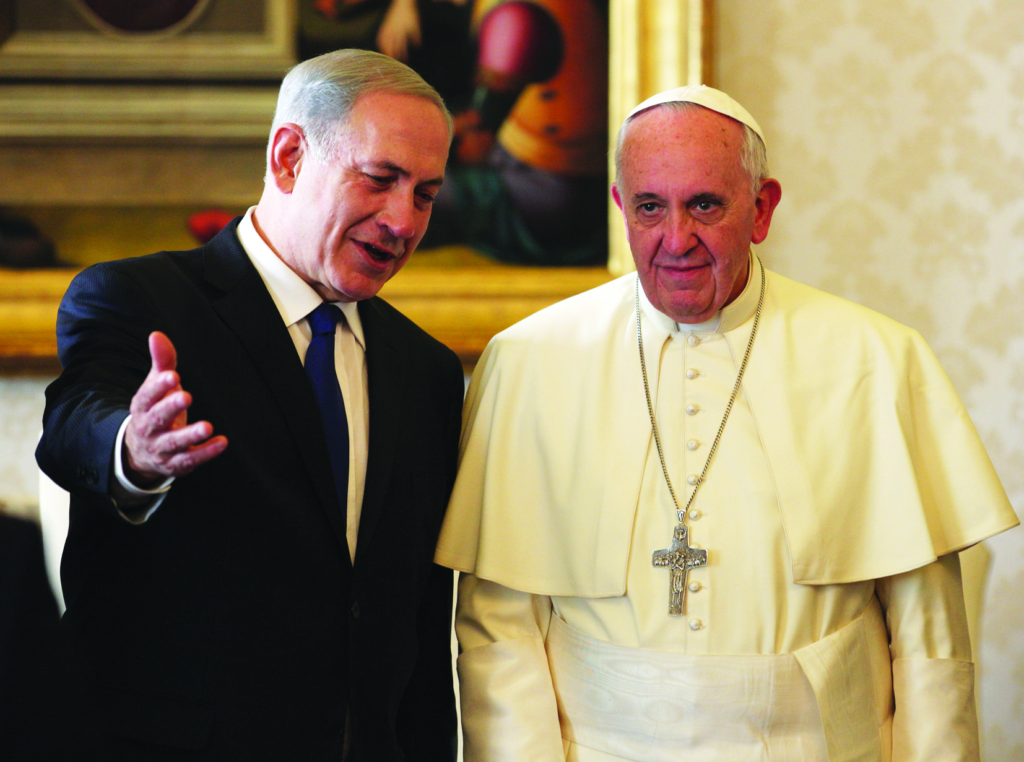
December 2, 2014, Vatican. Private audience of Pope Francis with the Prime Minister of Israel Benjamin Netanyahu in the private library of the Apostolic Palace. (Photo: Grzegorz Galazka)
Pope Francis has expressed his grief over the Hamas attack on Israel and subsequent armed conflict between the Israel Defense Forces and Hamas, involving a high number of civilian casualties inflicted on both sides of the Gaza dividing wall.
But his words have been measured and attentive to the need to avoid being drawn into any ideological or political wars being fought in the media, especially in a climate where falsehood is easy to disseminate and often hard to identify.
In an example of how difficult it can be to sort fact from fiction in a rapidly-evolving conflict in the digital age, CNN journalist Sara Sidner, who reported live on October 12 that the office of Benjamin Netanyahu could confirm that babies were beheaded — a claim repeated by US president Joe Biden — has had to apologize, saying she had been misled.
In her apology on media site X (formerly Twitter), she stated October 13 that “yesterday the Israeli Prime Minister’s office said that it had confirmed Hamas beheaded babies and children while we were live on air.”
“The Israeli government now says today it CANNOT confirm babies were beheaded. I needed to be more careful with my words and I am sorry.” she added. (ITV staff)
“Where should we go? To die on the street?”
Meanwhile, as Israel’s deadline to evacuate northern Gaza approached, Catholic religious Sisters announced that they were staying with those who are unable to leave. The Sisters of the Rosary told Catholic charity Aid to the Church in Need (ACN) October 16 that they would be remaining in their convent, which is attached to central Gaza’s only Catholic Parish, the Holy Family. Sister Nabila said: “We will not go. People have nothing, not the basic things. Where should we go? To die on the street? We have old people, the
Mother Teresa’s Sisters are also here, with people with multiple disabilities and elderly people…” Mother Teresa’s nuns, the Missionaries of Charity, have in fact been present in Gaza for 50 years, since February, 1973, when they arrived shortly after the killing of the Latin Catholic community’s parish priest.
“In our convent we also felt the effects of the explosion at the al Ahli hospital, we are close to the affected area,” Mother Teresa’s nuns told Franciscan Fr. Francis Xavier, the Indian Commissioner of the Holy Land in Jerusalem, as reported by Asia News.
“We are not worried about ourselves, but for disabled children and elderly people bedridden with bedsores. And also for the 600 people who took refuge in our convent after losing their homes in recent days due to the bombings. Where will they go now?”
Gaza’s Holy Family parish was at the time sheltering not only Catholics but also some 350 Greek Orthodox Christians from their nearby parish, as well as non-Christians.
Argentinian native Father Gabriel Romanelli, one of only two priests caring for the Roman Catholics in Gaza, told ACN that “there is nothing in the south and the health and humanitarian situation is disastrous with lack of water and food.”
Father Romanelli said that many parishioners had no other option but to stay, believing that “they are safer with Jesus.”

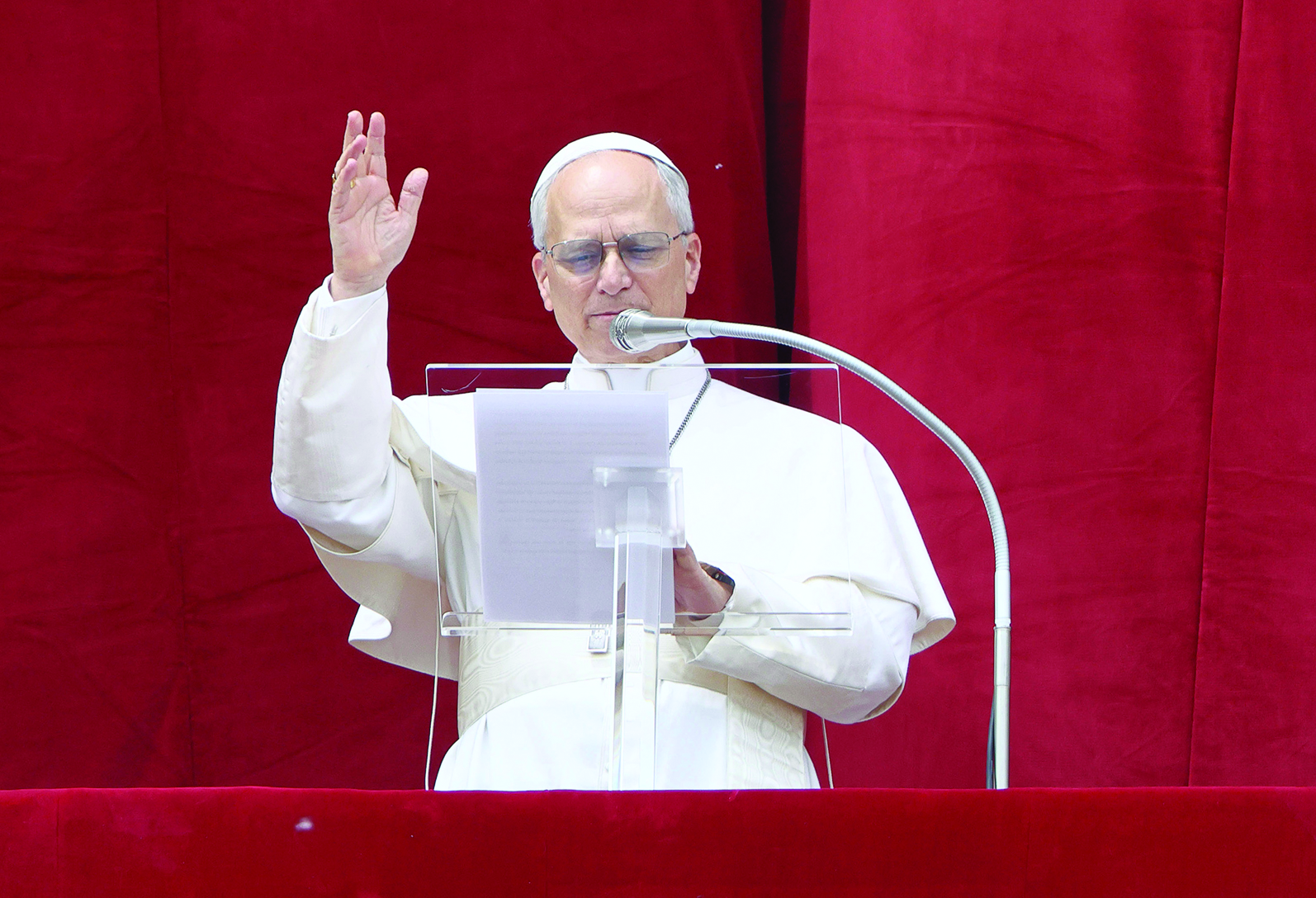
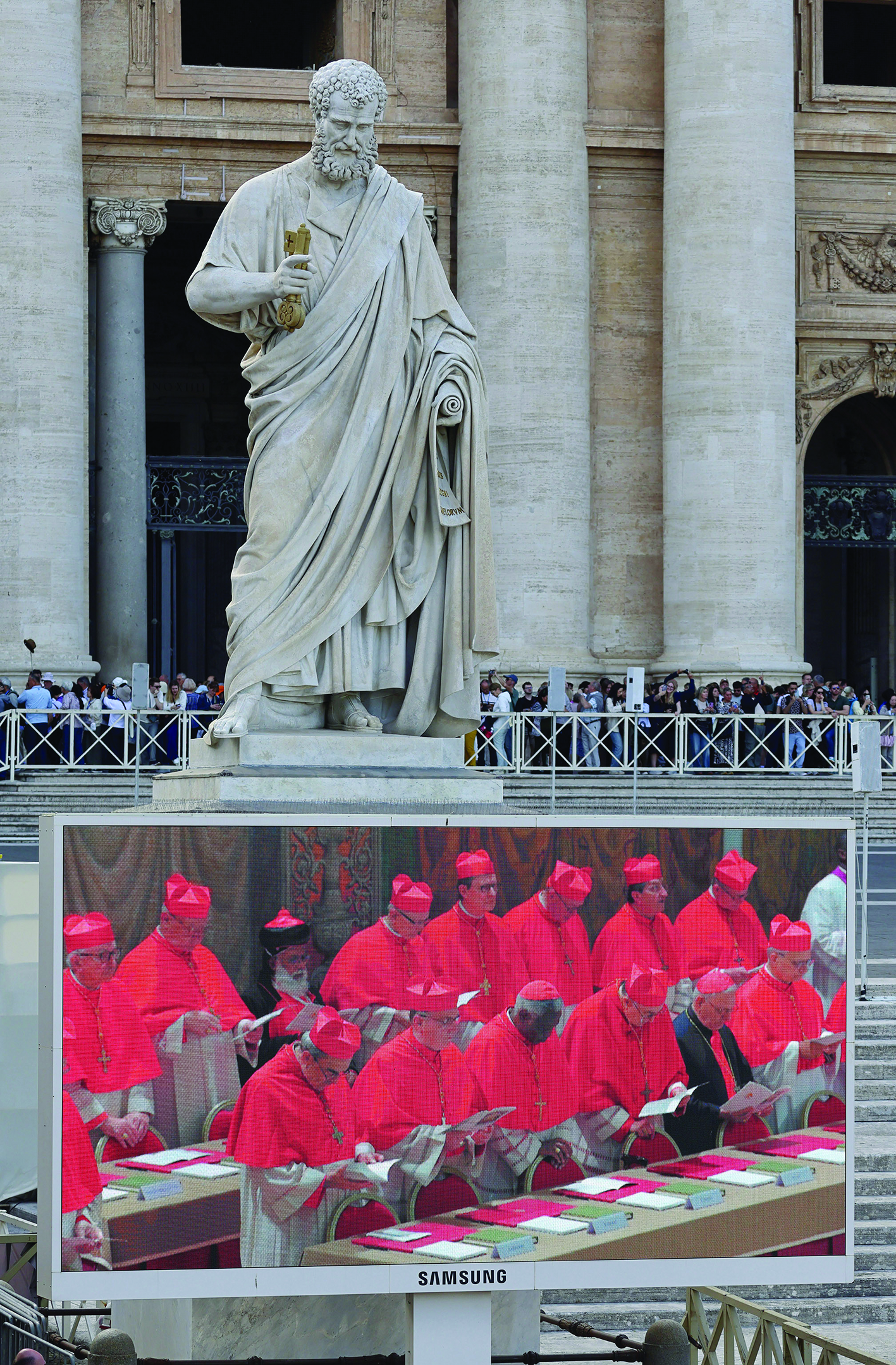
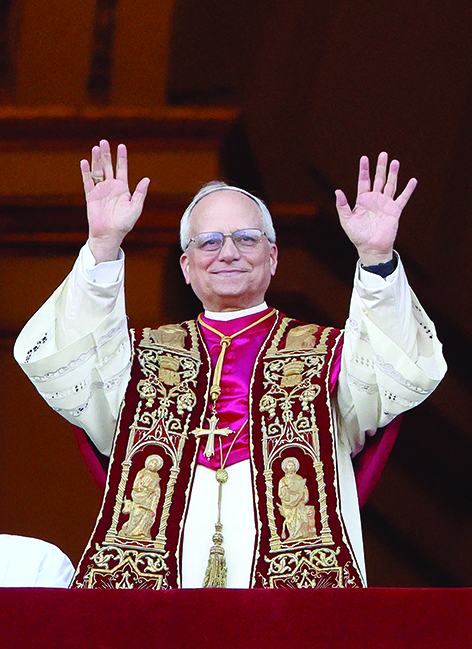
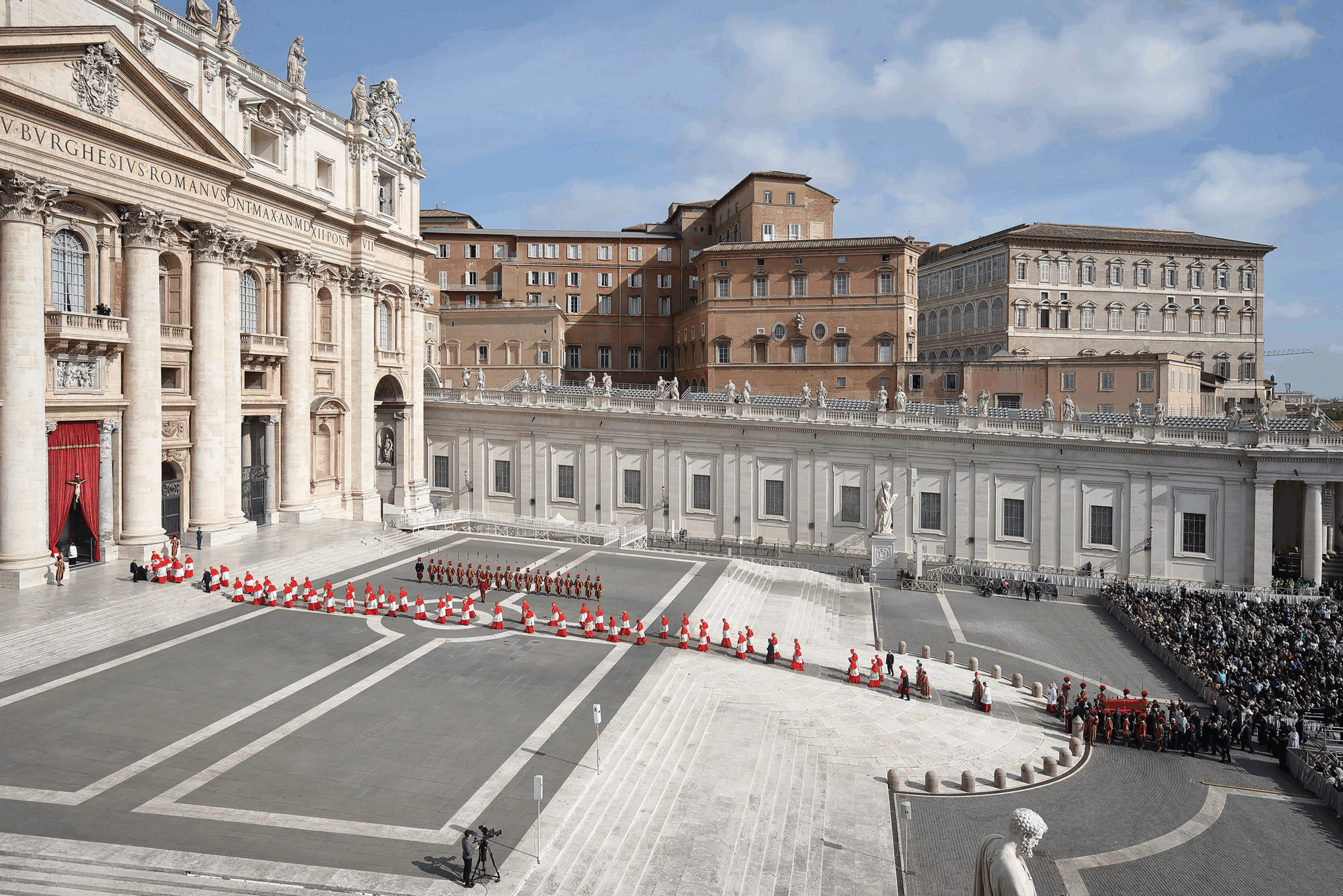
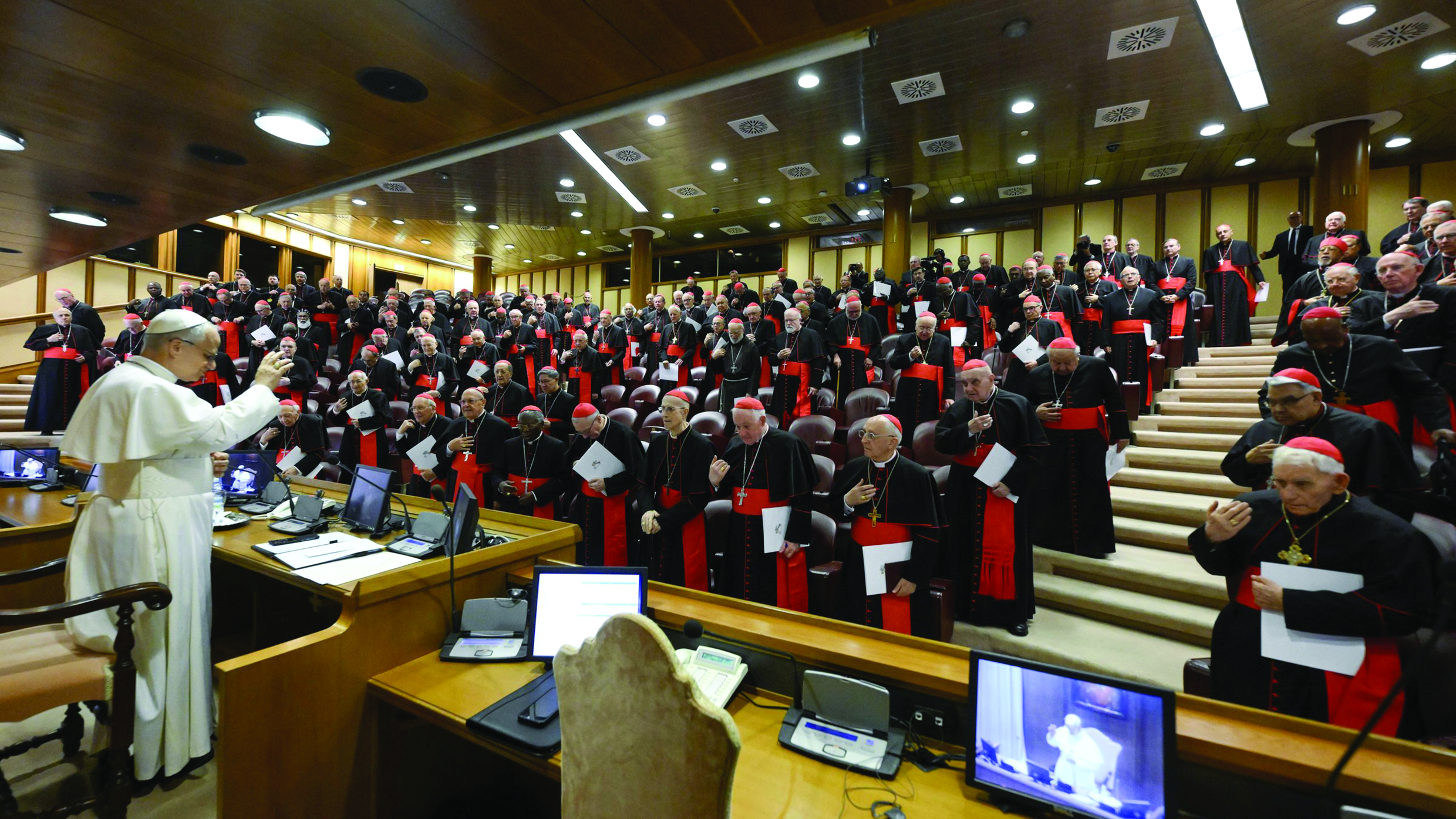
Facebook Comments